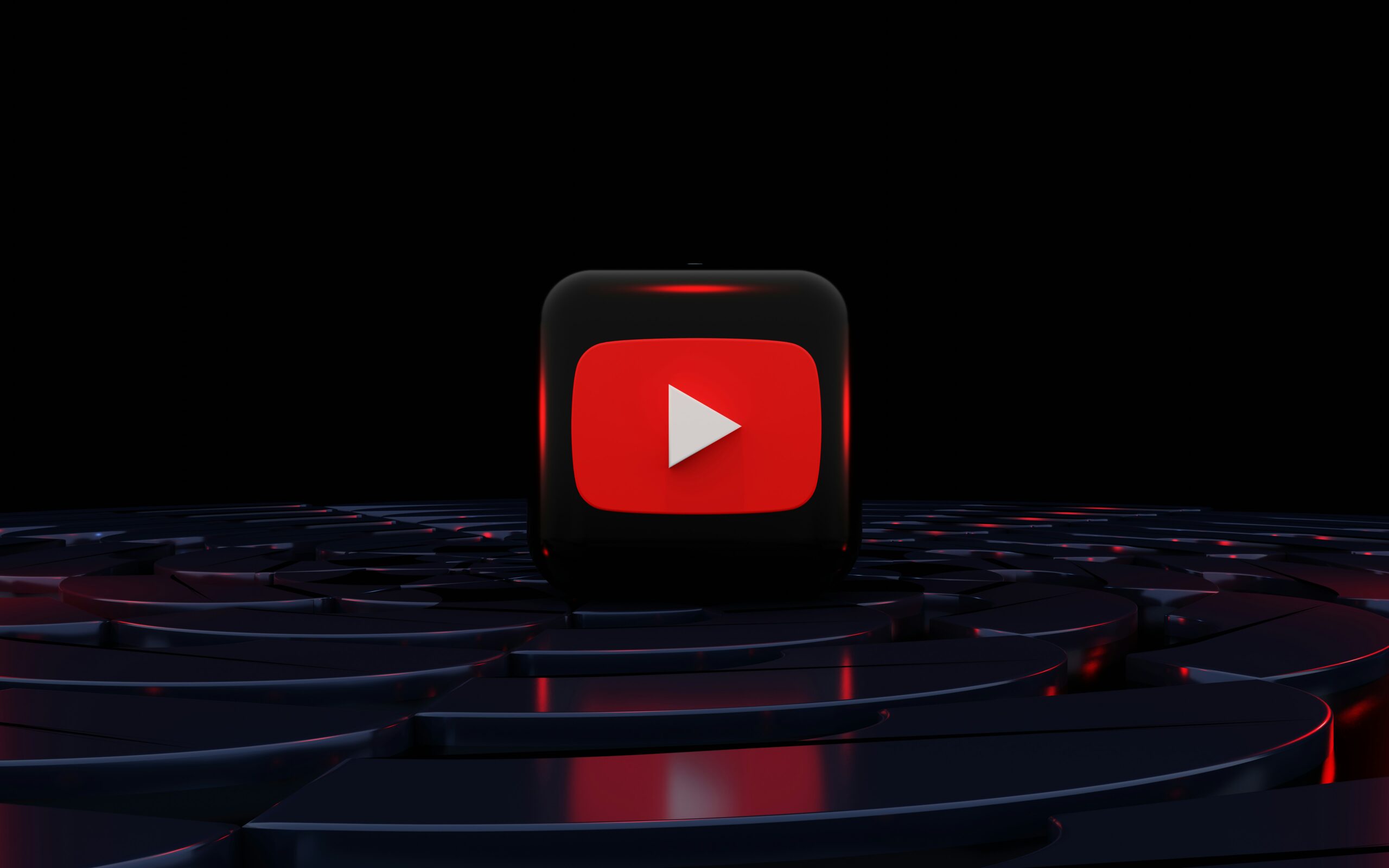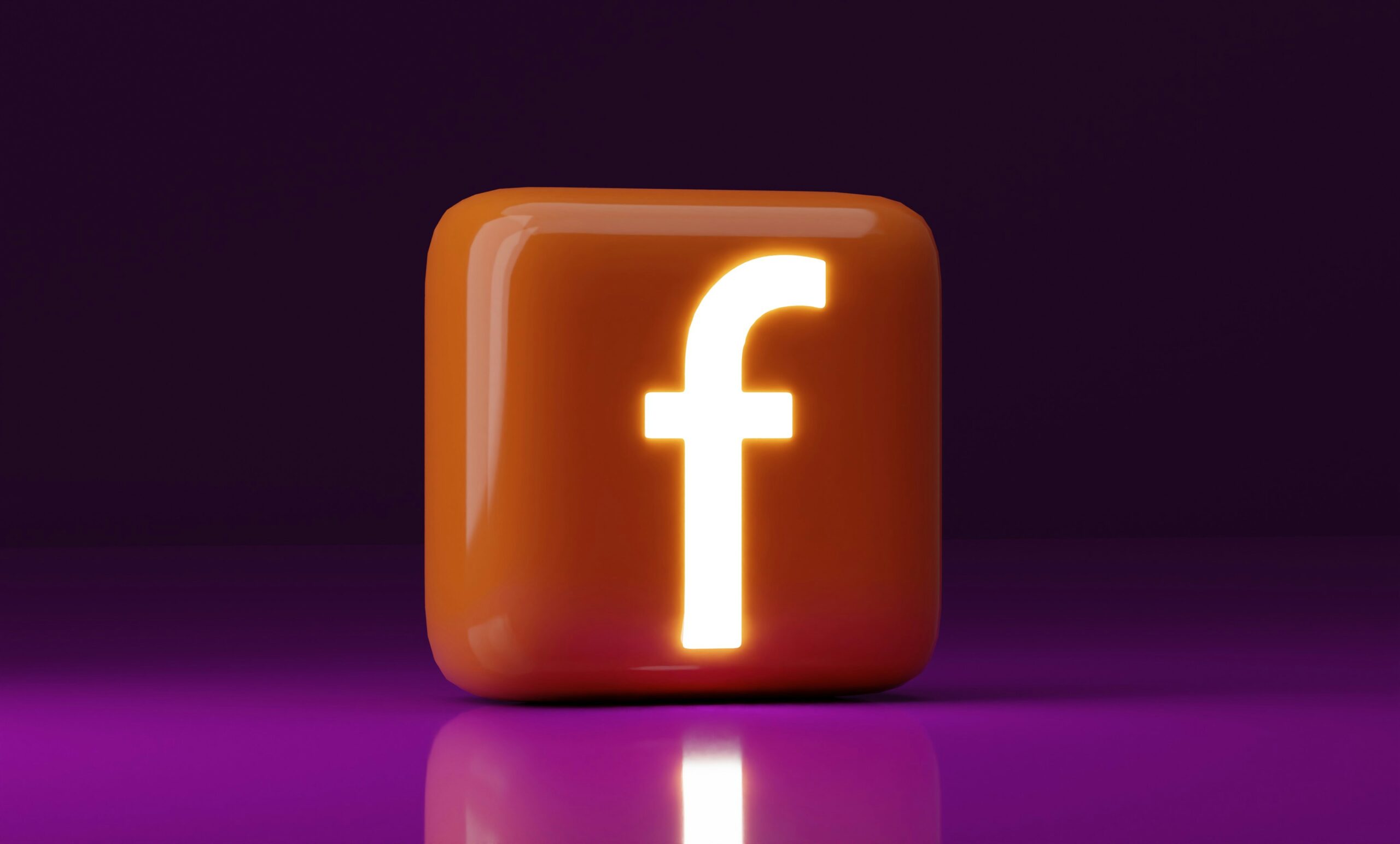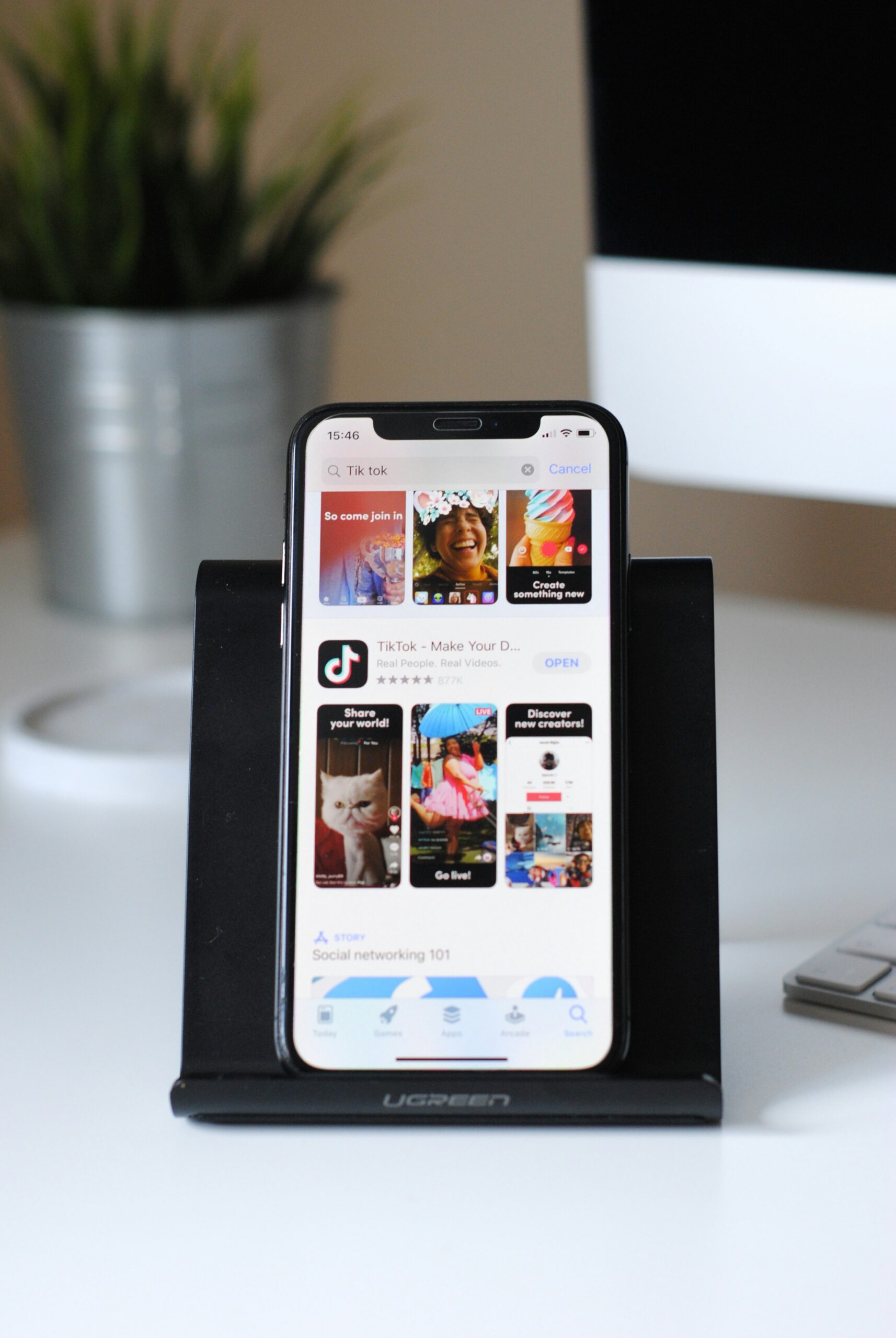In the rapidly evolving landscape of digital advertising, YouTube is no longer just a platform for brand awareness—it’s becoming a core channel for full-funnel demand generation. As user behavior shifts and Google refines its ad ecosystem, marketers are witnessing a new era: one where YouTube plays a direct role in driving traffic, generating leads, and closing sales.
If you’re still measuring YouTube success in impressions or views, it’s time to rethink your strategy. Here’s how demand generation is reshaping YouTube—and what changes you should expect this year.
What Is Demand Gen, and Why Now?
Demand generation, or demand gen, refers to marketing efforts designed to create interest and turn that interest into measurable outcomes—clicks, conversions, and revenue. Unlike brand marketing, which emphasizes exposure, demand gen is outcome-driven.
Google’s shift to performance-centric campaigns across its platforms is accelerating this trend, especially on YouTube. Businesses are increasingly seeing YouTube not as a brand-only space, but as a high-performing direct response channel.
Key YouTube Changes Powering Demand Gen
1. Unified Demand Gen Campaigns in Google Ads
Google’s Demand Gen campaign type allows marketers to run ads across YouTube, Gmail, and Google Discover within a single campaign. These campaigns are optimized specifically for conversions—whether that’s driving site visits, lead forms, or purchases.
Rather than simply maximizing views, the algorithm now targets users based on behavioral signals and intent, prioritizing high-converting audiences.
2. Native Shopping Features Embedded in Video
YouTube has introduced multiple commerce-friendly tools for video ads, including:
- Product feeds that show items directly below or within video ads
- “Buy now” buttons embedded in Shorts and long-form content
- Clickable product cards that appear during the ad
These updates allow brands to connect storytelling with seamless transactions—without the viewer ever leaving YouTube.
3. Enhanced Attribution & Conversion Tracking
To support demand gen goals, YouTube has upgraded its attribution models. Advertisers can now better understand what actions viewers take post-view or post-click, with deeper insights into the customer journey.
This gives marketers the confidence to shift more budget to video, supported by data that shows how YouTube drives pipeline—not just awareness.
What Marketers Should Do Now
Reframe Your Creative Strategy
Demand gen creative needs to do more than entertain. It should:
- Open with a strong hook in the first few seconds
- Highlight the product’s value quickly
- Include clear calls-to-action
- Use real people, testimonials, or demonstrations
Think of every video as a landing page—with a goal.
Embrace Google’s AI and Automation
Let Google’s algorithms work for you. Provide high-quality creative assets and conversion goals (such as purchases or sign-ups), and allow Demand Gen campaigns to optimize targeting and placement across platforms.
Connect the Funnel Across Channels
Since Demand Gen ads span YouTube, Discover, and Gmail, consistency in messaging and visual branding is key. Your ad sequence should feel like a unified narrative, guiding users from awareness to action across touchpoints.
Looking Ahead: YouTube as a Performance Powerhouse
Expect even more performance-based tools to roll out on YouTube in 2025, such as:
- Integrated Shopify or ecommerce feeds
- Video-first lead gen forms
- AI-generated creative recommendations
- Shorts-focused ad types with direct shopping functionality
As these capabilities mature, YouTube will cement its place as a must-have channel in the modern demand gen toolkit.
Final Takeaway
YouTube is no longer just a video platform—it’s an integrated demand generation engine. For marketers ready to focus on ROI, performance metrics, and scalable results, now is the time to lean in.
In 2025, demand gen isn’t just influencing YouTube—it’s defining it.




